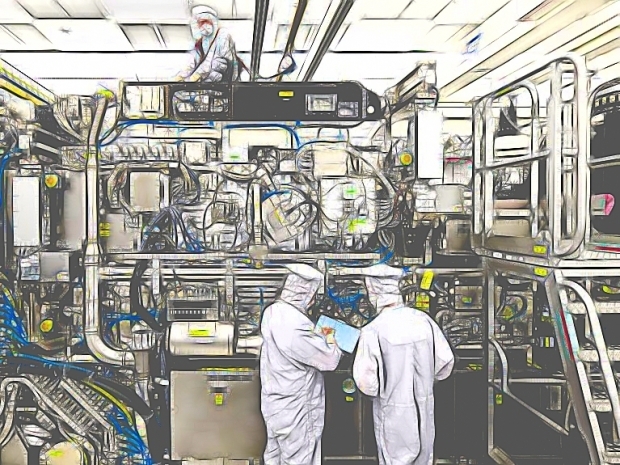For those who came in late, TSMC has recently secured a substantial grant of €6.2 billion from the US Department of Commerce, marking a significant investment in constructing three state-of-the-art semiconductor manufacturing plants in Phoenix, Arizona. The total financial package, including loans, could amount to a staggering €10.9 billion. This represents the US's largest cash grant ever awarded to a foreign entity and the most sizeable single greenfield investment by a non-American company on US soil.
However, there is a genuine worry in Taiwan that the shift to advanced semiconductor manufacturing, even in part, could present substantial economic and security risks for the country. While duplicating TSMC's global dominance in advanced semiconductor manufacturing is formidable, it is not beyond reach.
According to the naysayers Supply, chains can be duplicated, as evidenced by China's BYD overtaking Tesla to become the world's largest electric vehicle (EV) manufacturer following Elon Musk's efforts to alter Chinese production regulations.
While Taiwan is unlikely to lose its leading position in the specialised advanced semiconductor manufacturing sector shortly, it is projected to produce around 60 per cent of advanced semiconductors by 2027, a slight decrease from the current 68 per cent. Importantly, this anticipated loss in market share is expected to favour Taiwan's nominal allies, including the US and Japan, rather than China, providing a sense of reassurance.
In the grand scheme of international relations, Taiwan's strategic significance may wane without an intact TSMC, a unique and irreplaceable component of the advanced semiconductor supply chain. TSMC's critical role in Taiwan's defence strategy is well recognised, preserving its foundries as a key motivator for allied defence efforts.
The US has been perceived as an unreliable ally lately, with a backlog of military equipment sales to Taiwan exceeding €17.9 billion as of early 2024. The political landscape suggests a potential shift towards a more isolationist stance, which could have profound implications for Taiwan's defence strategy and its reliance on TSMC as a strategic asset.

